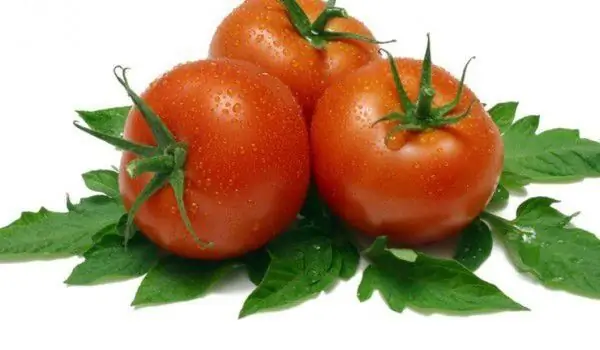2025 Author: Jasmine Walkman | [email protected]. Last modified: 2025-01-23 10:18
Only 14 percent of the tomatoes we bought in January were Bulgarian-made, said Eduard Stoychev, chairman of the State Commission on Commodity Exchanges and Markets.
During the festive December, the percentage of Bulgarian tomatoes was even lower - only 11%, said the expert, adding that most of the fruits and vegetables in our markets are imported.
Last month, only 25% of the cucumbers we bought were grown in Bulgaria. In January, the percentage of Bulgarian cucumbers was 29.
Last week, imported cucumbers rose by 35.3% and are now sold at BGN 2.03 per kilogram wholesale. Bulgarian green vegetables in foil on the stock exchange in Slatina are offered at BGN 2.05 per kilogram.
Imported products in our country come mainly from Turkey, Greece, Macedonia, Spain, Morocco and Albania.
Traders say imports from Albania have risen sharply recently. Deliveries of greens from Albanian producers have been made for the past 7-8 years, but they have often crossed the border with Greek invoices.

Until recently, most Albanian producers worked in our southern neighbor, but the crisis in the country forced them to withdraw their business and start producing fruit and vegetables in their homeland.
Fruits and vegetables from the warmer countries of our markets are offered at more reasonable prices in contrast to the Bulgarian greenhouse products, which continue to rise in price.
In just one week, domestic tomatoes have risen in price by 11.7%, reaching wholesale prices of BGN 2.48 per kilogram. On the other hand, the prices of imported tomatoes are around BGN 2.18 per kilogram.
On the Internet we can also find ads for the sale of imported vegetables.
Spanish tomatoes, for example, are available at 75-89 eurocents. The price of Macedonian cabbage is 24 eurocents, red peppers from Albania go for 89 eurocents.
You can buy white pumpkin from Serbia for 17 eurocents and field apples - between 23 and 35 eurocents per kilogram.
Recommended:
They Export 90 Percent Of Bulgarian Raspberries

Nearly 90 percent of Bulgarian raspberries are exported abroad. Native fruits are bought mainly from Germany, Belgium, England, France and the Netherlands, leaving the border either frozen or in the form of jam. The news came personally from the chairman of the National Association of Raspberry Growers Bozhidar Petkov, who explained that the domestic consumption of raspberries in our country it is only within 5-10 percent.
Only 1 Percent Of Native Mushrooms Reach Our Market

Bulgaria is a country rich in different types of mushrooms. Unfortunately, however, only a percentage of the mushrooms harvested in our country are sold on the domestic market. Emblematic culinary treasures such as mushrooms and crow's feet are exported mainly to other European countries, and the native consumer cannot even dream of fresh spruce, as the harvest is offered only abroad.
Up To 20 Percent Of Eggs In Greece Are Bulgarian

Nearly 20 percent of the eggs in the trade network of our neighbor Greece are harvested in Bulgaria. This was announced by the chairman of the chairman of the poultry farmers in our country - Ivaylo Galabov. According to him, not only the Greek resorts located near our country rely on the export of Bulgarian eggs , but most of the chains in our southern neighbor have contracts with Bulgarian producers.
We Buy 40 Percent More Expensive Tomatoes Compared To

The prices of tomatoes we buy this summer are 40 percent higher than last year. This is shown by the data of the Ministry of Agriculture and Food. According to the analyzes, while in the summer of 2015 a kilogram of tomatoes was traded in Bulgaria at an average price of BGN 0.
Only 10 Percent Of Bread Is Made To Standard

The Branch Chamber of Industrial Bakers and Confectioners in Bulgaria announced that only 10 percent of the companies in our country prepare bread according to the approved standard Bulgaria. There are a total of 650 companies that prepare bread offered on the Bulgarian markets, 50 of which are designated as leading producers in Bulgaria.

